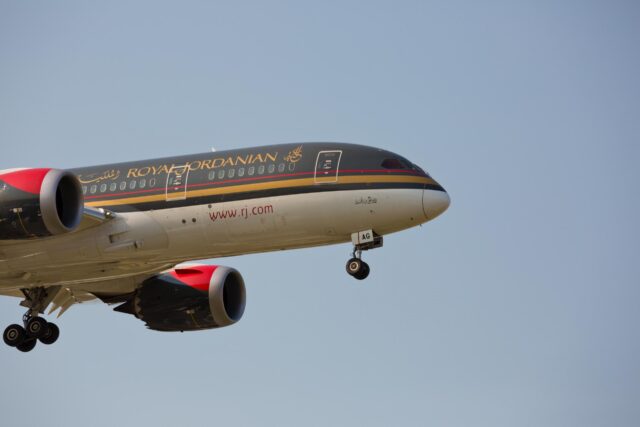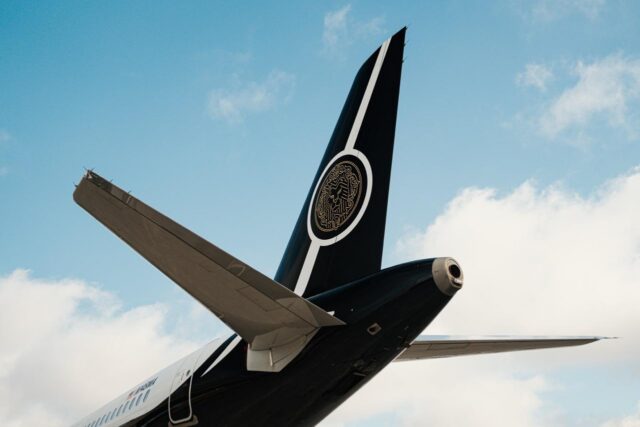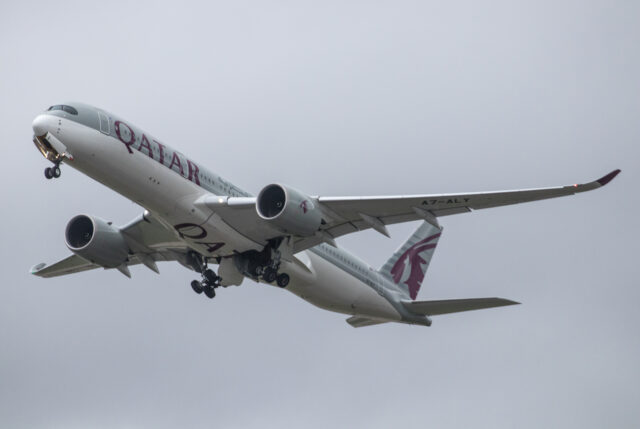‘Stronger, wiser, better prepared’: Wizz Air’s profits take a hit, but it’s ready to come back fighting

June 5, 2025

European budget airline Wizz Air has reported sagging profits at the end of its financial year, which ended on March 31, 2025 (FY25).
Operating profits fell 61.7% year on year, driven largely by having dozens of aircraft grounded due to engine issues.
Its overall earnings (EBITDA) were €1.1 billion ($1.26bn), down by around $67 million. Operating profit fell to €167.5 million ($191.7 million) compared to an operating profit of €437.9 million (just over $500 million) in FY24.
The carrier reported record traffic of 63.4 million passengers, despite its available seat miles being 0.1% lower year-on-year. Its load factor also grew by one percentage point to an impressive average of 91.2%.
József Váradi, Wizz Air CEO, described the year using the words ‘resilience and transformation’. He notes that rare challenges have become recurrent, forcing the airline to evolve and become more flexible.
“While often dismissed as ‘easier said than done,’ the past year’s events tested both our company and management,” says Váradi. “We emerged stronger, wiser, and better prepared.”
Wizz Air, like others, has been grappling with a fault in the Pratt & Whitney engines that power its A320neo family jets. The geared turbofan (GTF) PW1000G powerplants have been subject to a major recall affecting hundreds of aircraft.
How many aircraft does Wizz have grounded?
According to the earnings report, Wizz Air has limped through FY25 with approximately 20% of its fleet grounded. As of the end of March, 42 aircraft were grounded, although the situation is improving.
As of May 9, Wizz Air’s grounded aircraft have dropped to 37. The company expects this to further reduce to approximately 34 aircraft by the end of the first half of 2026. If achieved, this would reduce the grounded fleet from the current level of almost 20% down to just over 14%.

Shop visits for engines, from grounding to return to service, are taking around 300 days.
Wizz Air has received compensation from Pratt & Whitney for the groundings, although it hasn’t specified how much.
As a marker, Spirit Airlines, which has also been grappling with around 40 aircraft grounded, received an interim compensation payment of $150 million from the engine maker in March 2025.
Airbus delivery delays continue to impact Wizz
The airline has grown its fleet to 231 aircraft by the end of the financial year, a growth of around 11%. It plans to have 263 aircraft on hand by the end of FY26, and 281 by the end of FY27.
This is a smaller fleet than it had originally planned for and follows a restructuring of Airbus’ delivery schedules in January 2025.
Accounting for the delivery delays, the airline is now projected to have a fleet of 305 aircraft by the end of March 2028. This is some 20% fewer than Wizz had previously forecast to have on hand by then, with previous estimates at 380 aircraft.
A modern fleet will see Wizz Air profits return
Despite the challenges Wizz is facing, the airline remains confident of a healthy future. It already has one of the youngest fleets in commercial aviation, and is rapidly transitioning to an even more efficient, modern fleet.
At the end of this financial year, the airline still had 37 A320ceo and 41 A321ceo aircraft in its fleet. By March 2027, it expects to reduce these numbers to 12 and 29 aircraft respectively.

On the other side of the equation, the airline is investing heavily in more efficient and larger A321neos, including the XLR.
Both the A321neo and XLR carry 239 passengers, nine mo re than an A321ceo, and a staggering 53 more than the A320neo/ceo.
By the end of March 2027, Wizz expects to have 222 A321neos and 12 A321XLRs in its fleet, carrying more passengers longer distances and with lower operating costs than its current fleet.
As the transition to larger, more efficient aircraft continues, Wizz Air will become an even stronger force in the budget airline market.
















